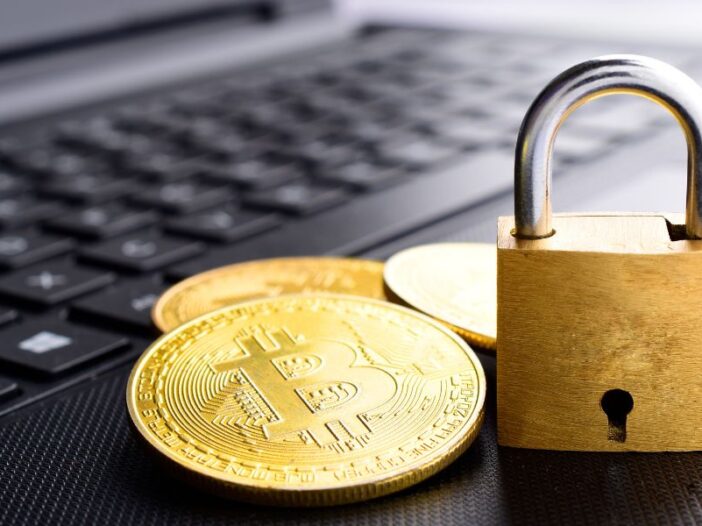
Your cryptocurrency is in the digital realm, meaning you can’t physically hold it and put it in a safe. This means you have to be extra careful about protecting these assets against digital fraud. Here are security best practices for your crypto investments.
Table of Contents
Employ Two-Factor Authentication
Two-factor authentication adds security to your accounts by requiring a password and a second piece of information, such as a code sent to your mobile device. It’s very unlikely that a hacker would have access to both factors, dramatically reducing the risk of unauthorized access. Always enable two-factor authentication on exchanges and wallets to enhance your security posture.
Consider Cold Storage
Cold storage refers to keeping your cryptocurrency offline, away from internet access. This makes it less vulnerable to hacking attempts. Hardware wallets and paper wallets are excellent options for cold storage. By transferring the bulk of your investments to a cold storage solution, you secure your assets against online threats.
Diversify Your Crypto Investments
Diversification is the golden safety principle for all types of investments, including crypto. By spreading your investments across various cryptocurrencies, you minimize the risk of losing everything. Should one asset experience a downturn, others may perform better or hold their place, protecting your portfolio from jarring highs and lows.
Some cryptocurrencies are even designed to hold their value, much like index 500 funds. For example, stablecoins can provide market stability and could therefore be a good investment to diversify and protect your crypto portfolio.
Be Smart With Passwords
Crafting strong, unique passwords is part of basic internet safety, and it’s especially important when it comes to your online finances. Your passwords should include made-up words, insignificant numbers, and random symbols. Additionally, don’t use the same password twice.
Encrypt Your Digital Data
Encryption makes sensitive digital information unreadable to outsiders. Use encryption tools to protect your wallet data, personal information, and any other vital documents related to your investments.
Destroy Any Sensitive Physical Data You Don’t Need
Just because crypto is a digital currency doesn’t mean you won’t have physical documentation of your assets and transactions. You likely will, and this documentation is just as important to safeguard. If you have papers you no longer need, you should destroy them with the more thorough paper shredding techniques, such as micro-cutting. It can seem scary to have money invested in something intangible, but some basic digital security best practices can protect your crypto investments. By following these guidelines, you can enjoy greater peace of mind.